
Happiness and Economics
How the Economy and Institutions Affect Human Well-Being
Recommendation
This is a book of excellent insight and originality that will be accessible primarily to scholars. Authors and economists Bruno S. Frey and Alois Stutzer explore the uncharted terrain of happiness. They teach that happiness is fundamental to economics, although economists disagree about what happiness is and how to measure it. The authors emphasize the importance of intangible, subjective factors in happiness, and bring a good deal of psychological research into the discussion of how economic circumstances affect happiness. They offer surprising evidence and conclusions, such as the facts that the old and the young are almost equally happy, and that a rising income ceases to increase happiness after clearing a relatively low hurdle. getAbstract.com recommends this book to the advanced specialists on economics and psychology for whom it was written, with the caveat that its dry academic style will not bring happiness to the intrigued but non-expert reader.
Summary
About the Authors
Bruno S. Frey is professor of economics at the Institute for Empirical Research in Economics in Zurich. He also wrote Economics as a Science of Human Behavior, Not Just for the Money. Alois Stutzer is a University of Zurich lecturer on the theory of economic policy, including public choice, labor economics, and economics and psychology.


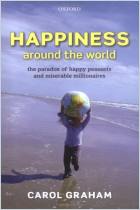
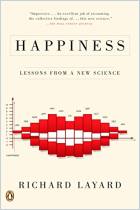
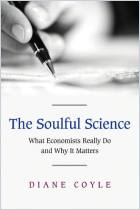
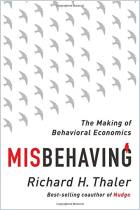
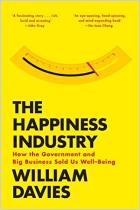
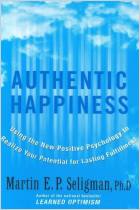





Comment on this summary